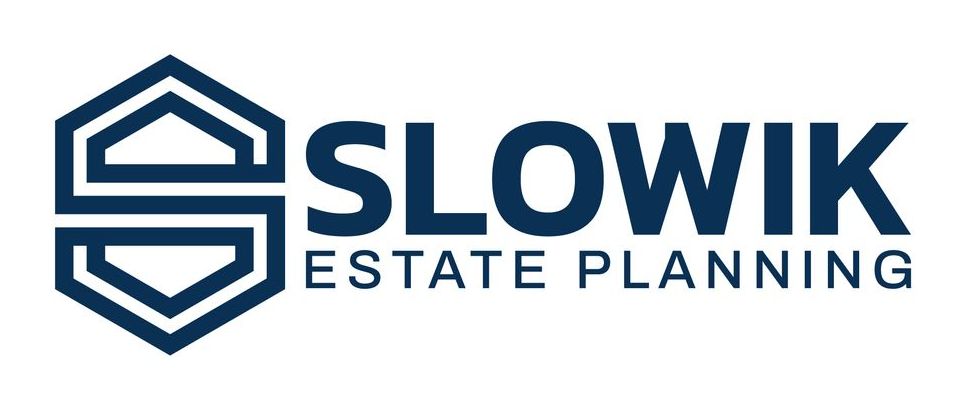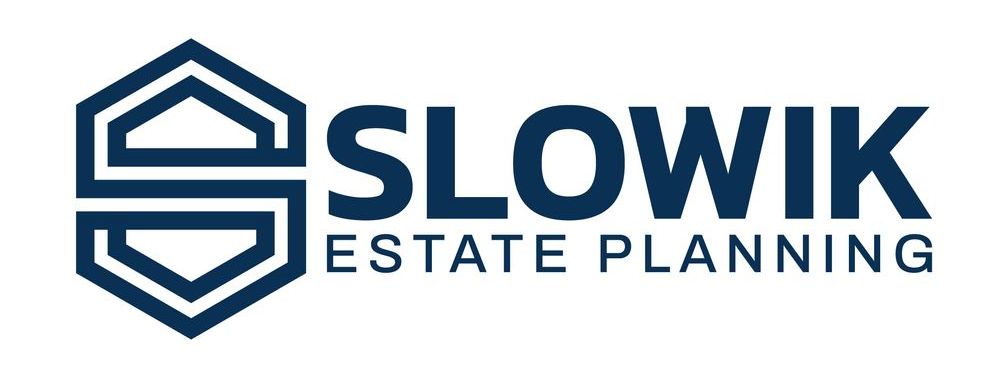Can You Pierce the Corporate Veil of a Georgia LLC? Maximizing LLC Benefits in Georgia: Shielding Assets and Limiting Liability Risks
For Georgia residents seeking asset protection and business security, forming a Limited Liability Company (LLC) offers enticing benefits. As the name suggests, an LLC is designed to limit personal liability for business debts and obligations. However, these protections are not absolute. Understanding the nuances of liability protection, including the risks of "piercing the corporate veil" and fraudulent transfer claims, is essential to preserving these advantages. Below, we explore how Georgia businesses can safeguard themselves against these potential pitfalls while maintaining the full protective benefits of an LLC.
Benefits of an LLC in Georgia
The primary advantage of an LLC is its ability to separate personal assets from business liabilities. This separation ensures that creditors cannot generally pursue personal assets, such as a home or personal savings, to satisfy business debts. Additional benefits include:
- Flexible Management Structures: Georgia LLCs allow for a choice between member-managed or manager-managed operations.
- Pass-Through Taxation: LLCs avoid the double taxation associated with corporations.
- Simplified Compliance: Compared to corporations, LLCs have fewer formal requirements, making them easier to maintain.
When Liability Protection Can Be Lost
Despite the inherent protections of an LLC, courts in Georgia can "pierce the corporate veil" under certain circumstances, holding business owners personally liable for business obligations. Key situations include:
- Commingling Assets: Using a business account for personal expenses or vice versa blurs the line between the individual and the LLC. Courts may view such actions as evidence that the business is merely an "alter ego" of its owner.
- Failure to Follow Formalities: Although Georgia LLCs are not strictly required to adhere to corporate formalities like annual meetings, ignoring foundational practices such as keeping financial records, adopting operating agreements, and maintaining separate bank accounts can jeopardize liability protections.
- Undercapitalization: If an LLC is inadequately funded at its inception or intentionally underfunded to avoid future liabilities, courts may impose personal liability on the owners.
- Fraudulent Transfers: Transferring assets to avoid creditors can trigger claims under the Georgia Uniform Fraudulent Transfer Act (GUFTA), exposing both the LLC and its owners to liability.
Piercing the Corporate Veil in Georgia
Piercing the corporate veil involves courts disregarding the separate legal identity of the LLC to hold its owners personally accountable. To make this determination, Georgia courts examine several factors, including:
- Fraudulent Conduct: Was the LLC used to perpetrate fraud or injustice?
Case Examples: Georgia courts may pierce the corporate veil under a final overarching rule of alter-ego liability when a business has “overextended its privileges in the use of the corporate entity to defeat justice, to perpetrate fraud, or to evade statutory, contractual, or tort responsibility.” G & E Constr. v. Rubicon Constr., 357 Ga. App. 55, 58 (2020); see also Kissun v. Humana, Inc., 267 Ga. 419, 421 (1997). While violations of the three specific rules would inherently constitute a breach of this principle, Georgia courts have intentionally left this rule open-ended to address any other bad faith abuses of the corporate form that may arise. See G & E Constr., 357 Ga. App. at 59-60. This catchall provision reinforces the policy that limited liability businesses in Georgia cannot exploit their limited liability status, requiring business owners to remain vigilant in their personal and business conduct to avoid potential liabilities under this rule.
- Personal Use of Business Assets: Were business funds used for personal expenses without proper documentation?
- Disregard for Corporate Formalities: Was there a failure to maintain required records or comply with operating agreements?
Case Examples: Courts in Georgia are permitted to pierce the corporate veil of a limited liability business if it finds that the individual owners of the business “commingled their property, business, or their personal affairs with that of the corporations, or that of the corporations with their own.” Farmers Warehouse of Pelham v. Collins, 220 Ga. 141, 149-150 (1964); see also Cobra 4 Enterprises v. Powell-Newman, 336 Ga. App. 609, 613 (2016); Ishak v. Lanier Contractor’s Supply Co., 254 Ga. App. 237 (2002).
Fraudulent Transfers and How to Avoid Them
Fraudulent transfers occur when assets are moved to avoid creditor claims. Under GUFTA, such transfers can be deemed invalid if they are:
- Intentional: Transferred with the intent to hinder, delay, or defraud creditors.
- Constructive: Made without receiving reasonable value in return while the LLC was insolvent or likely to become insolvent.
How to Avoid Claims of Fraudulent Transfer:
- Conduct fair market value transactions.
- Avoid transferring assets during periods of financial distress.
- Document all asset transfers with contracts or agreements reflecting their legitimacy.
Strategies to Protect Your LLC’s Liability Shield
To safeguard the benefits of limited liability, Georgia business owners should implement the following strategies:
- Maintain Separate Financial Accounts: Ensure that all business transactions are conducted through accounts dedicated exclusively to the LLC.
- Adopt an Operating Agreement: Even though Georgia law does not mandate it, an operating agreement can outline the rights, duties, and obligations of LLC members, demonstrating a commitment to proper governance.
- Comply with State Requirements: File annual registrations with the Georgia Secretary of State and keep business records up to date. Other corporate obligations include: maintaining a registered office and registered agent in Georgia (OCGA § 14-11-209); filing an annual registration with the Secretary of State (OCGA § 14-11-1103); holding annual meetings and maintaining corporate minutes (not technically required for LLCs but highly encouraged and often contained in the LLC’s organizational documents; see also OCGA § 14-11-310); and maintaining corporate records (OCGA § 14-11-313). In Georgia, a finding of gross failure to adhere to required corporate formalities, can lead courts to pierce the corporate veil of a limited liability business. See Christopher v. Sinyard, 313 Ga. App. 866, 867-869 (2012).
- Avoid Personal Guarantees: Where possible, do not personally guarantee business debts or obligations.
- Adequate Capitalization: Ensure the LLC has sufficient funding to meet foreseeable obligations, minimizing the risk of allegations of undercapitalization.
- Consult Legal Counsel: Periodic reviews by an attorney can identify vulnerabilities in the LLC’s structure or operations, ensuring ongoing compliance with Georgia law.
Case Study: Avoiding Liability in Practice
Scenario: Let’s say a fictional and hypothetical Georgia-based construction company, ABC Builders LLC, faced a lawsuit for breach of contract. The plaintiffs won their case. But the LLC had no assets in the bank when it came time to collect on a judgment. The plaintiffs sought to hold the owner of ABC Builders LLC personally liable, alleging fraudulent asset transfers and failure to follow corporate formalities.
Key Allegations:
- The owner frequently used the LLC’s account to pay for personal expenses.
- ABC Builders failed to maintain meeting minutes or an operating agreement.
- The owner transferred equipment to a relative’s company before the lawsuit was filed.
Outcome: Based on Georgia law, there appear to be sufficient grounds to pierce the corporate veil, holding the owner personally liable for the judgment.
Lessons:
- Maintain clear boundaries between personal and business finances.
- Formalize operations with an operating agreement and accurate recordkeeping.
- Avoid asset transfers without fair consideration.
Protect Your Loved Ones
Contact Slowik Estate Planning today to discuss your asset protection strategies and ways that we can ensure your LLC follows corporate formalities. Advanced planning can also protect your loved ones. Often, family members are involved in family business interests whether through direct ownership, trust beneficiary status, or through inheritance. Legal claims can and do rear their head long after the fact, and your business activity today, could cause lawsuit and claim issues for your loved ones years later. Don’t leave their protection to chance, take action today with Slowik Estate Planning.
Conclusion
LLCs provide Georgia business owners with a powerful tool for protecting personal assets and fostering growth. However, maintaining these protections requires diligence. By avoiding commingling, adhering to formalities, and consulting with professionals, businesses can enjoy the full benefits of their LLC status while minimizing the risk of personal liability. In a landscape where courts are increasingly willing to scrutinize LLC operations, proactive measures are the best defense against losing the liability shield. Contact Slowik Estate Planning today for a free consultation on how to best protect your business and your loved ones.











